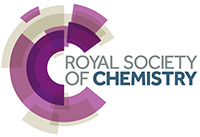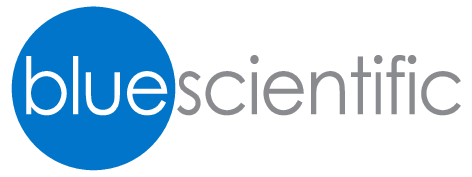Corrosion Chemistry Faraday Discussion, 13-15 April 2015
 Visit us at the Corrosion Chemistry Faraday Discussion, organised by the RSC (Royal Society of Chemistry) on 13-15 April 2015, at Burlington House in London.
Visit us at the Corrosion Chemistry Faraday Discussion, organised by the RSC (Royal Society of Chemistry) on 13-15 April 2015, at Burlington House in London.
Come and see us at our stand in the exhibition space, and find out about our scientific instruments for corrosion chemistry, including our in-situ nanomechanical testing instruments.
View our range of scientific instruments
Contact us on 01223 422 269 or info@blue-scientific.com
Corrosion Chemistry Faraday Discussion
There has been immense progress over the last decade in the development of tools, both experimental and theoretical, for probing the solid/fluid interface at the nanoscale. These advances open the way towards mechanistic understanding, and potentially prediction, of chemical processes at this interface. Corrosion science benefits greatly from these advances, being primarily concerned with degradation of metallic materials immersed in either liquid or gaseous environments, and control thereof.
The meeting aims to bring together experimentalists and theoreticians interested in nanoscale interfacial chemical processes relevant to corrosion and its control.
Faraday Discussions have a unique format. The speakers’ research papers are distributed to all participants, then discussed in depth at the meeting. All are welcome to contribute to the discussion and present their own research. Both the papers and a record of the discussion are published in the journal Faraday Discussions. The Faraday Division have been organising discussions about developing areas of physical chemistry for over 100 years.
Programme
Download the programme
- Gerald Frankel, Ohio State University
- John Scully, University of Virginia
- Hendrik Bluhm, Lawrence Berkeley National Laboratory
- Angelos Michaelides, University College London
- Vincent Maurice, L’École Nationale Supérieure de Chimie de Paris
- Mira Todorova, Max-Planck-Institut für Eisenforschung
- David Shoesmith, University of Western Ontario
- Roger Newman, University of Toronto
- Hiroki Habazaki, Hokkaido University
- Anton Kokalj, Institut “Jozef Stefan”
Corrosion Themes
Solid/Fluid Interface
This session is concerned with nanoscale elucidation of the structure and fundamental chemical processes (eg ion adsorption) at solid/fluid interfaces. Particular attention will be paid to the solid/aqueous solution interface, which crucial to corrosion. Contributions will cover experimental work, with an emphasis on in situ studies using state-of-the-art probes, and theoretical modelling.
Corrosion Scales and Passive Films
Substrate adhered corrosion scales and passive films, which can both significantly affect corrosion (eg a passive film can reduce corrosion to a negligible rate). Experimental/theoretical studies of both engineering and model (eg single crystal) substrates will be presented. Relationships between the composition-structure-chemistry-corrosion resistance of the scales/films will be addressed, together with processes governing their initiation and growth, including the impact of environmental conditions.
Localised Corrosion
Spatially confined corrosion phenomena (eg pitting), which can lead to rapid failure of otherwise corrosion resistant substrates, will be of concern in this session. Studies aiming to understand at the nanoscale the combined influences of substrate microstructure/geometry, mechanical distortion, and fluid chemistry on local corrosion initiation/progression will be presented. Process modelling will also be covered, relevant to the prediction of their occurrence.
Corrosion Control
The final session will address nanoscale understanding of corrosion control methods. In particular, approaches where chemistry plays a key role, namely coatings, paints and corrosion inhibitors. The discussion will centre on those critical to gain mechanistic insight into corrosion resistance performance, including substrate bonding, structure/morphology, interfacial transport and degradation mechanisms.
Registration
For registration details please visit the RSC Corrosion Chemistry Faraday Discussion webpage.
If you have any questions, contact us on 01223 422 269 or info@blue-scientific.com


